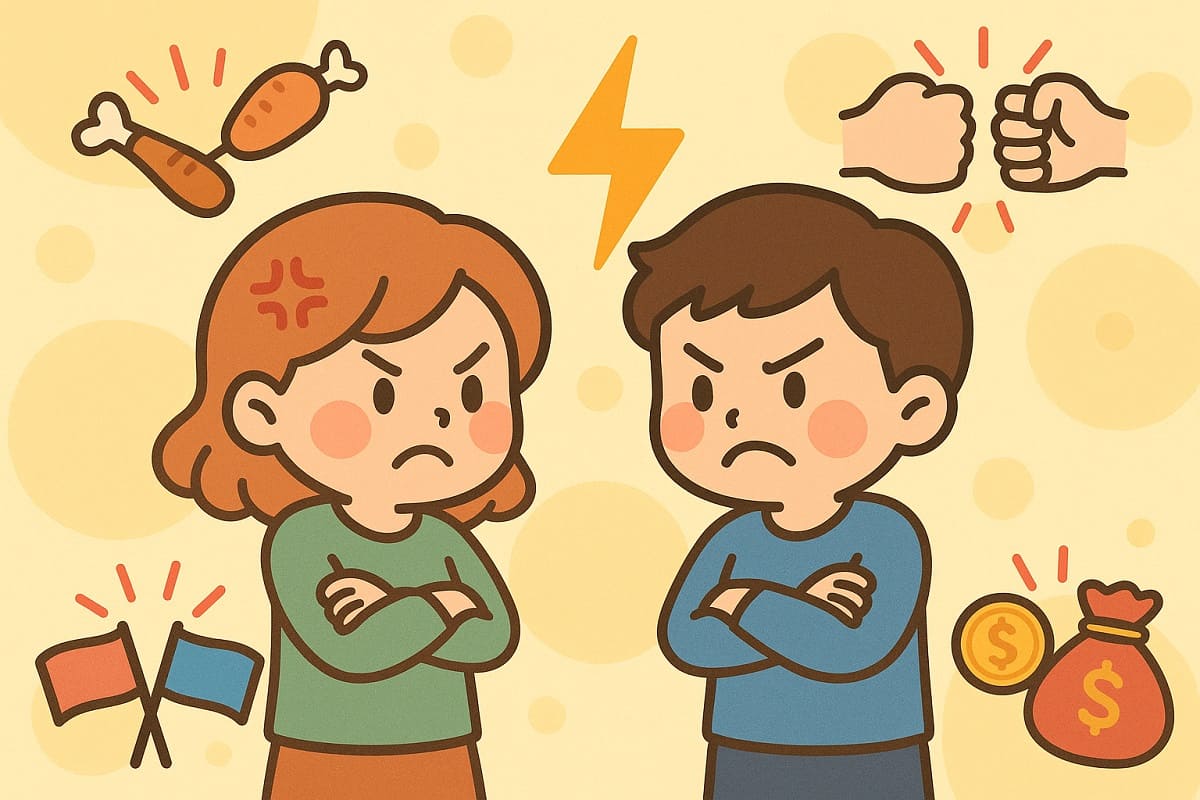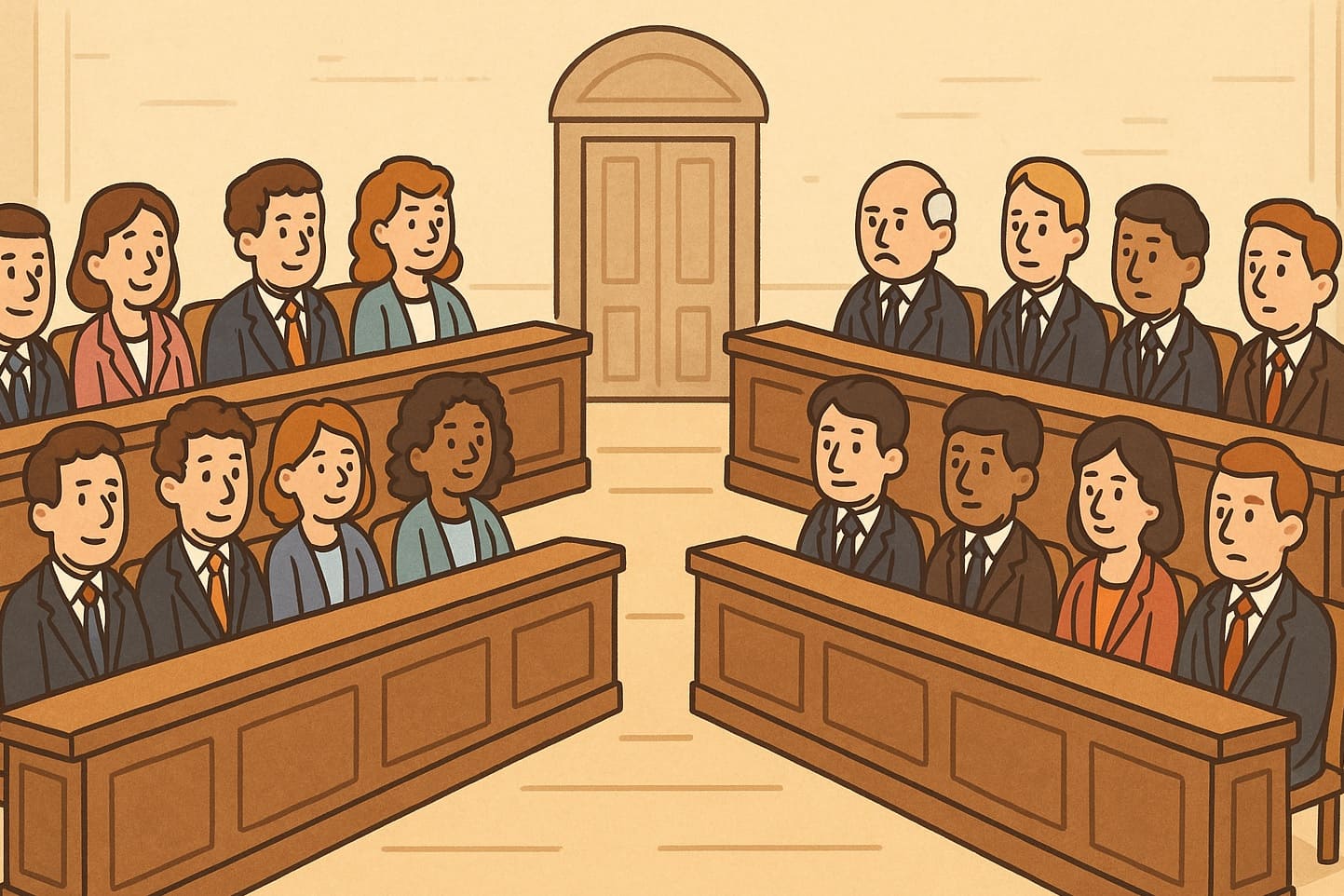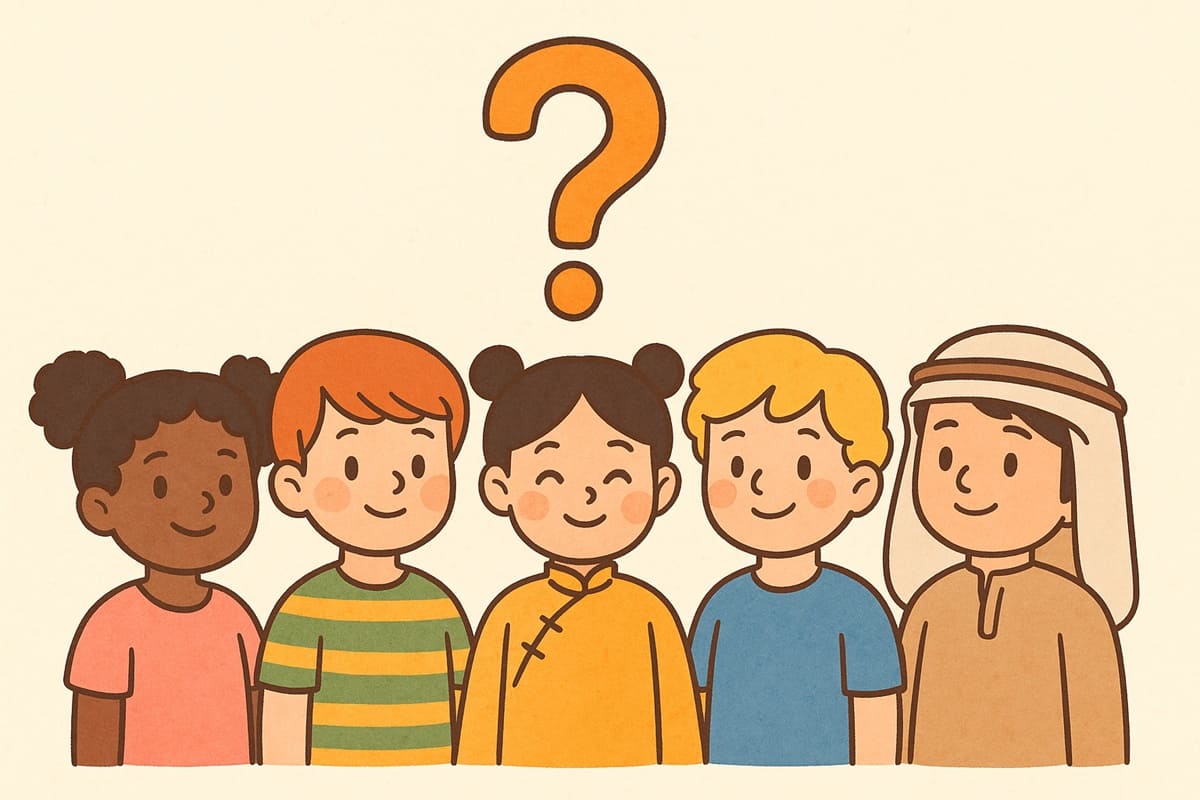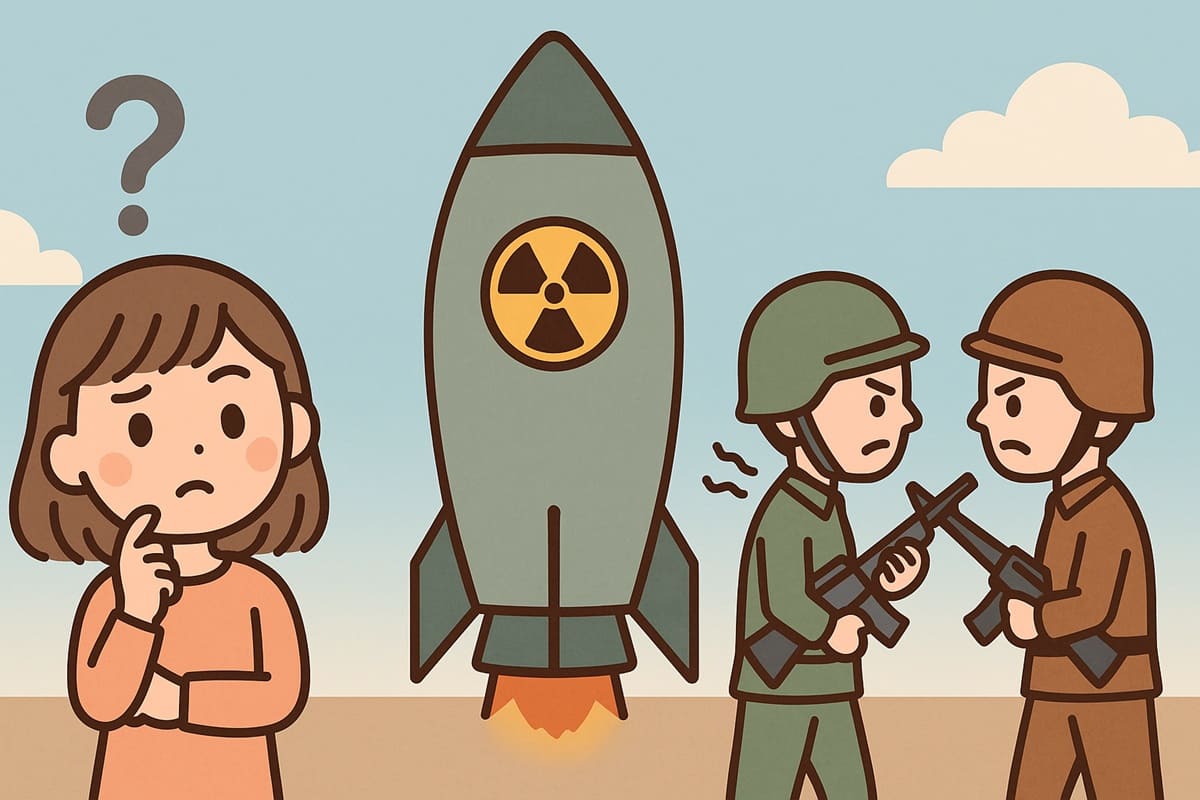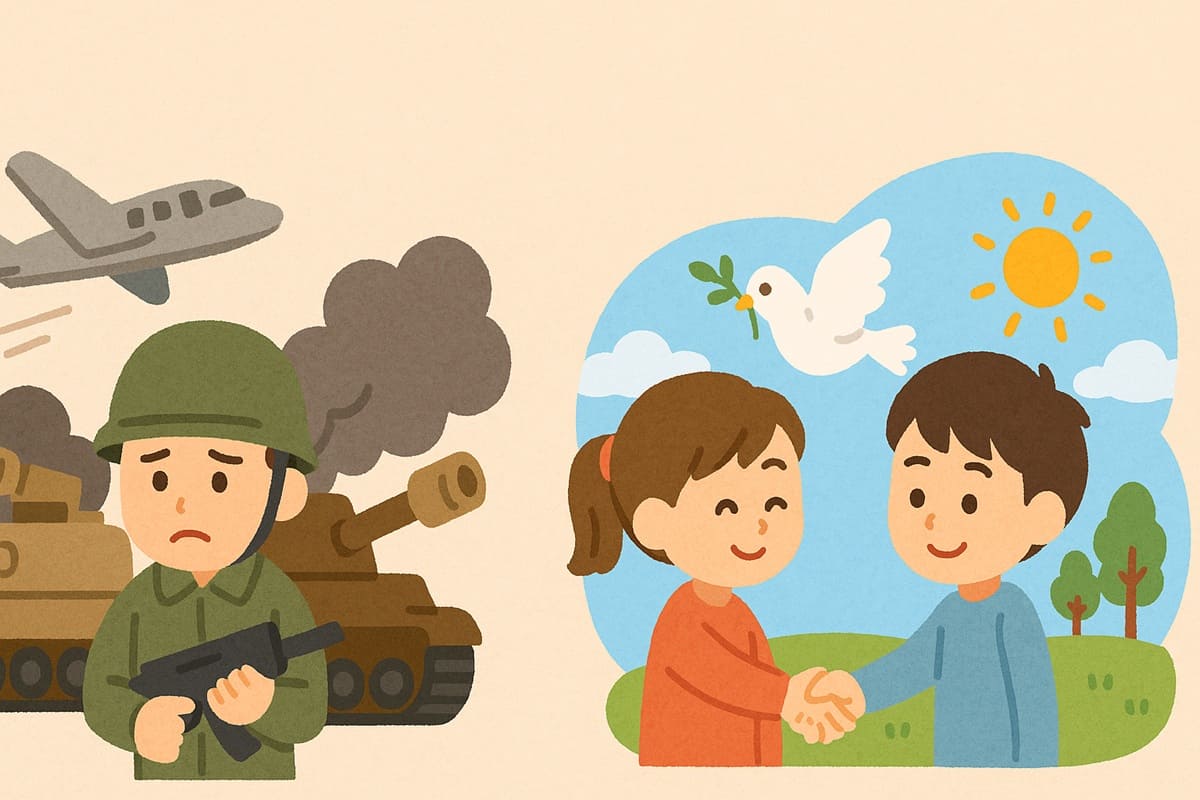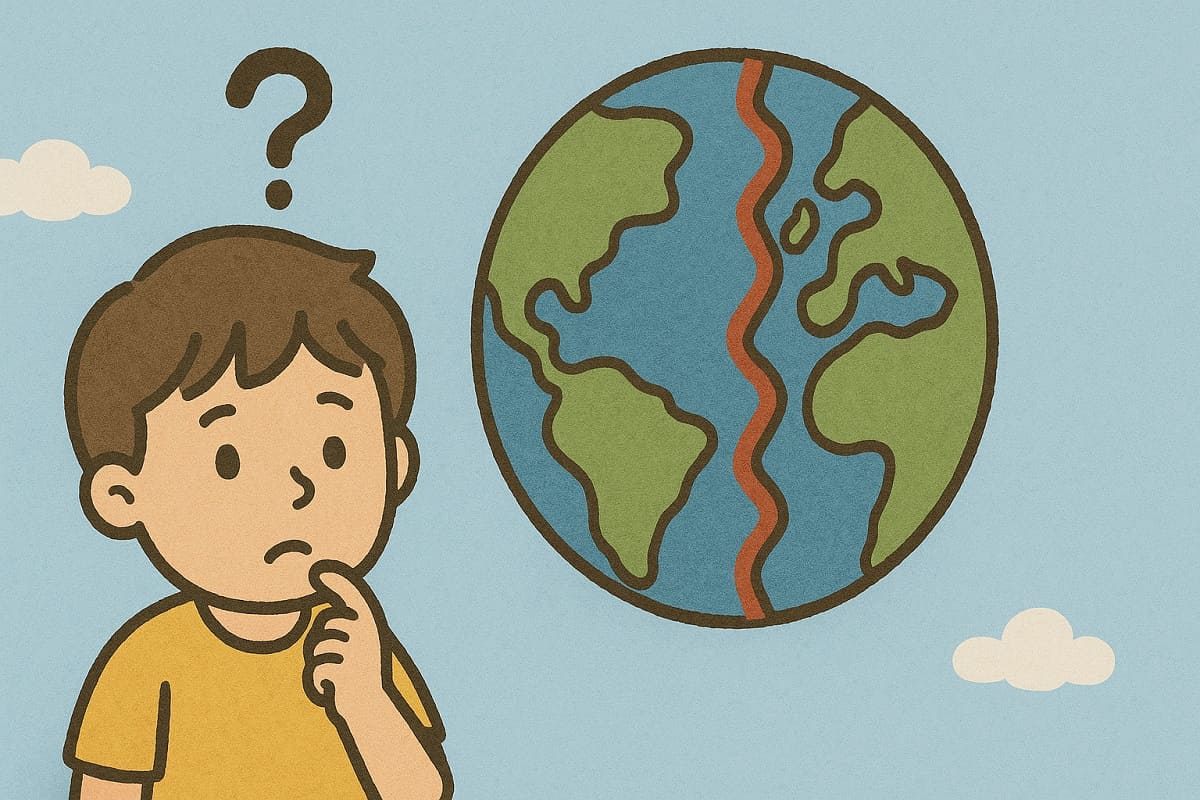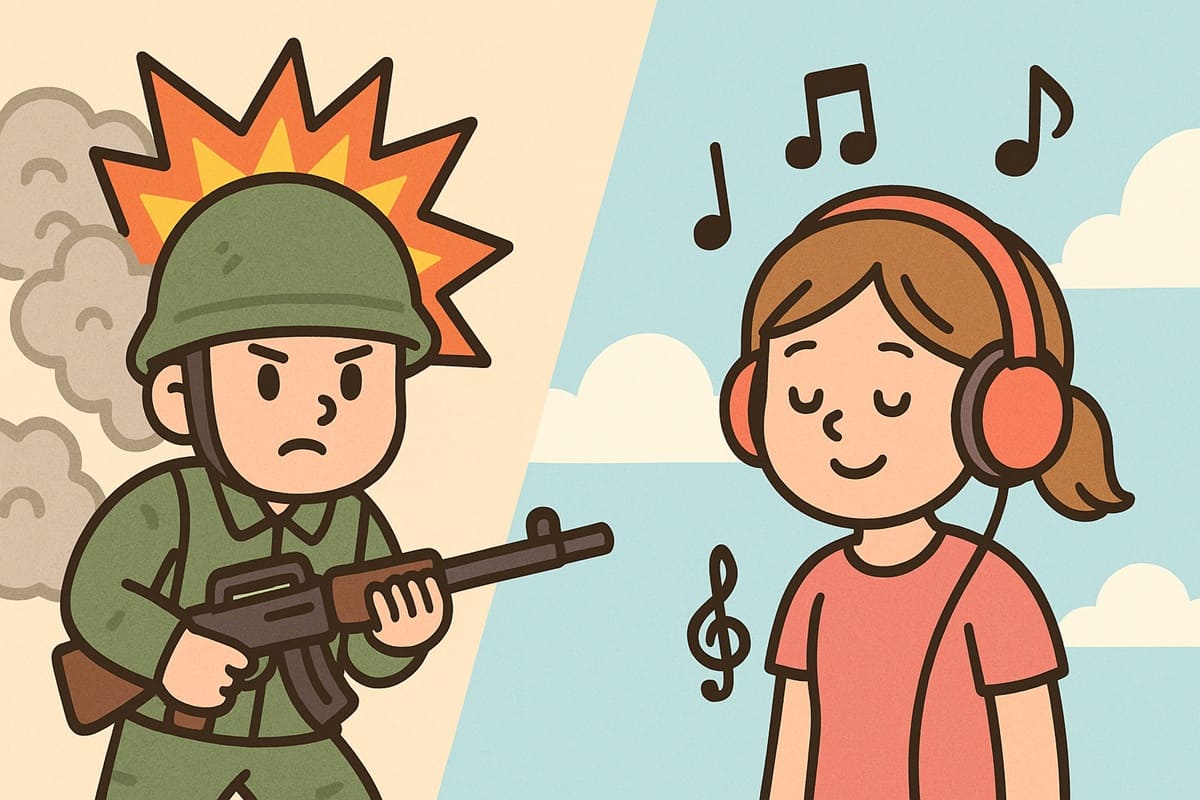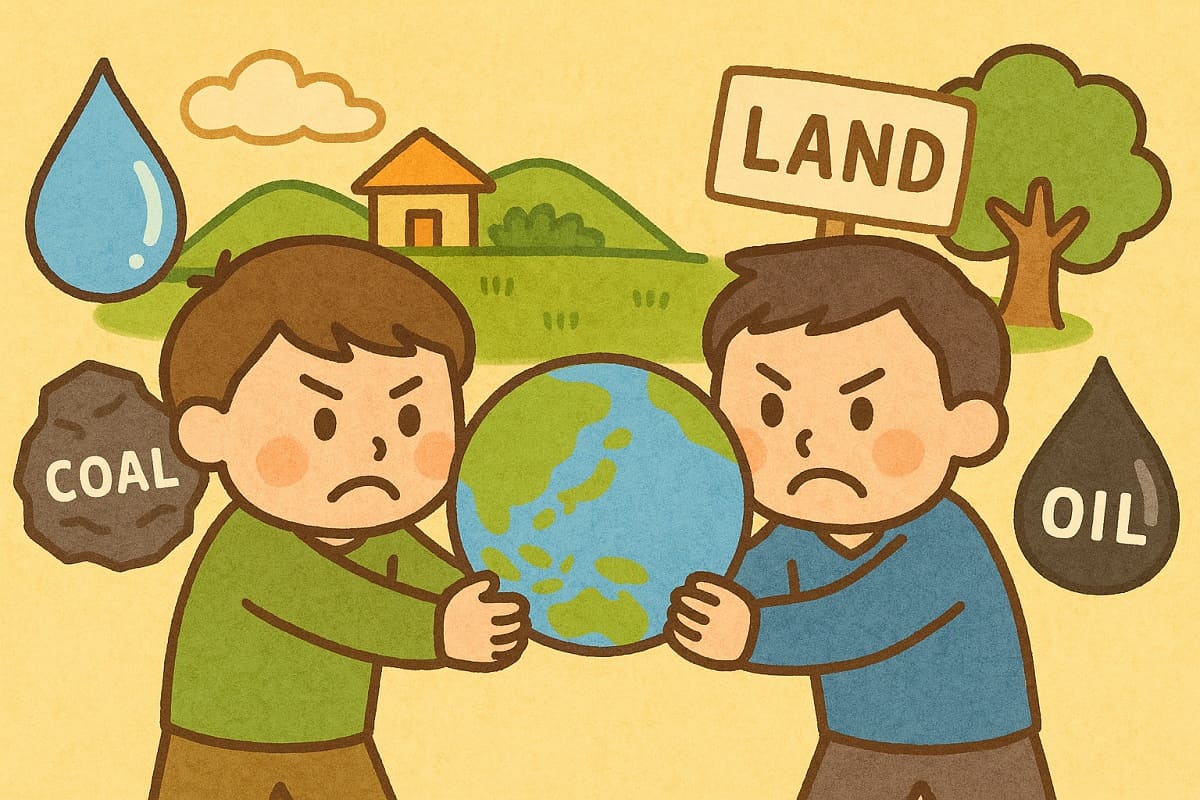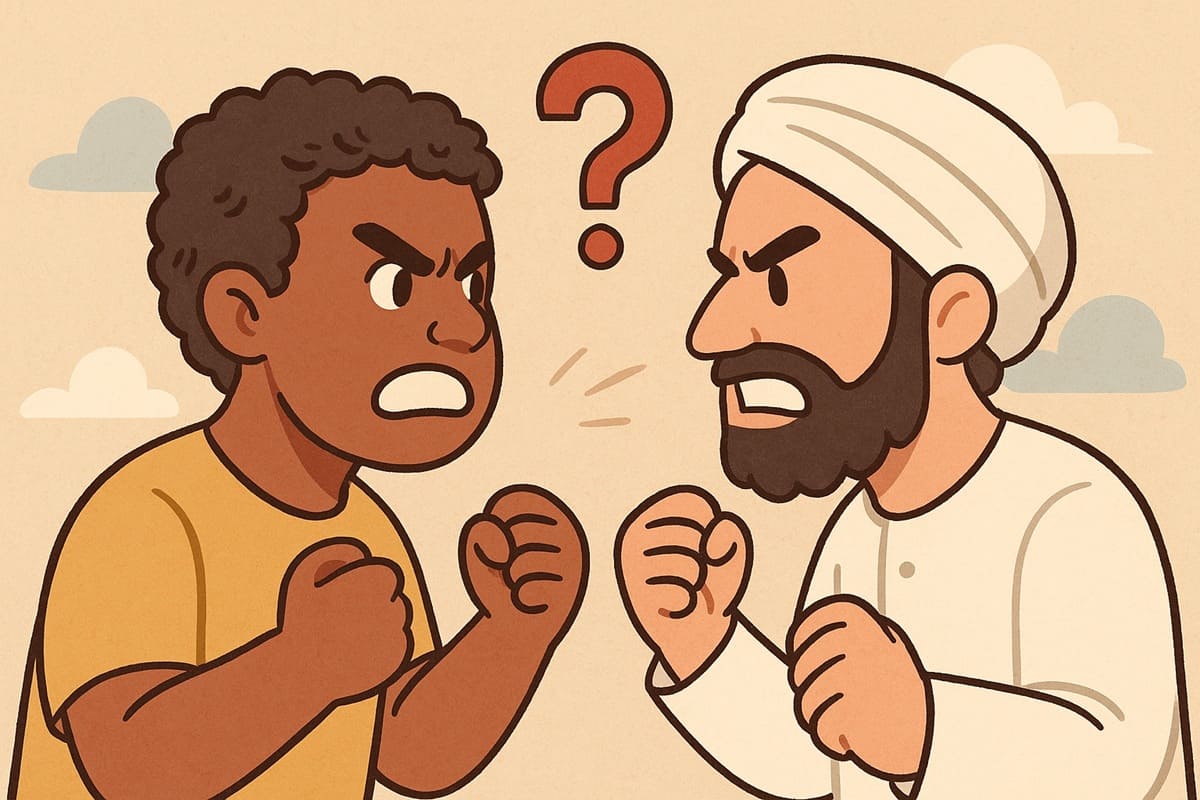Are Humans the Only Species Who Kill Members of Their Own Kind?
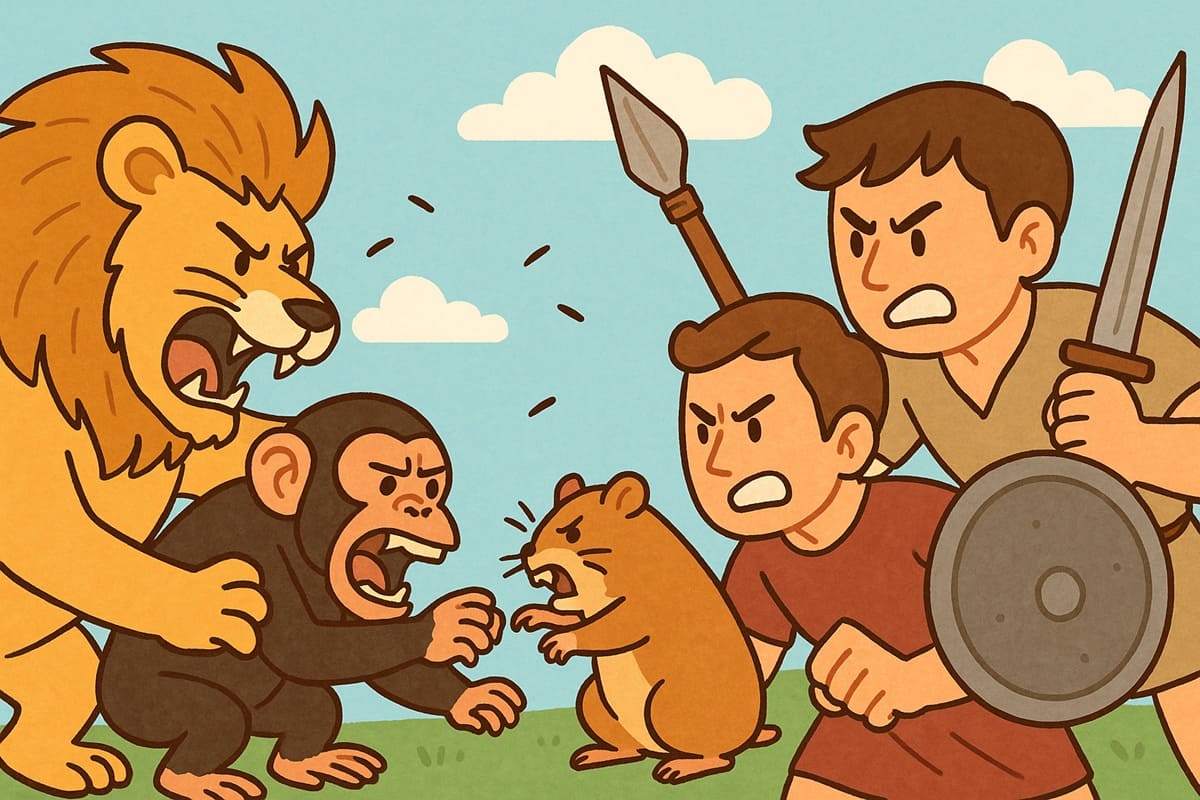
When you hear the words “war” or “murder,” you might think, “Humans are so cruel.” Indeed, it’s not uncommon to see people fighting or even taking each other’s lives on the news.
But have you ever wondered:
“Are humans the only species that kill members of their own kind?”
To answer this question, let’s explore it from the perspectives of psychology, animal behavior, and evolutionary biology. We’ll look at why humans and other animals sometimes kill their own kind, and what makes humans different.
Why Do Animals Kill Their Own Kind?
Surprisingly, it’s not rare for animals other than humans to kill members of their own species. These actions often fall into several categories:
1. Fighting Over Mates
Male animals often fight fiercely to win the chance to mate with a female. In this competition, they may attack or even kill their rivals. This follows the harsh rule of nature: only the strongest get to pass on their genes.
2. Defending Territory
Many animals have a natural instinct to protect their territory. When another individual enters their space, they may respond with intense aggression, sometimes leading to death. This is especially common in group-living species like lions, wolves, and chimpanzees.
3. Protecting Offspring or Killing Others’ Young
Sometimes, animals kill the offspring of others to protect their own. In species like lions, new male leaders often kill the cubs of the previous males to make way for their own offspring. This is a strategy to ensure their genes are passed on.
4. Killing for Food (Cannibalism)
Some animals, like hamsters, may eat members of their own species. This can happen due to stress or food shortages.
In short, animal-on-animal killing often has “natural” reasons, such as survival or reproduction.
Why Do Humans Kill Each Other?
So why do humans kill other humans? Unlike animals, it’s not just about instinct. For us, psychological, social, and cultural factors all play a role.
1. Anger and Revenge
Humans are emotional creatures. Sometimes, anger, hatred, or a desire for revenge can lead to violence. This can also be seen in other primates, like chimpanzees, but humans are more capable of planning their actions.
2. Fighting Over Wealth and Power
Wars and murders can be driven by a desire for money, land, power, or status. On a personal level, this could be due to financial disputes or jealousy. On a national level, it’s often about controlling resources.
3. Justifying Violence for the Group
Humans can convince themselves that killing is “justified” if it’s for their religion, country, or moral beliefs. This justification is only possible because humans have language, culture, and ideology.
Can Humans Kill in Cold Blood?
According to psychological studies, human aggression can be divided into two types:
- Reactive aggression: impulsive and emotional attacks (e.g., fights in the heat of the moment)
- Proactive aggression: deliberate and planned attacks (e.g., premeditated murder or war)
While chimpanzees tend to show more reactive aggression, humans are more prone to calculated, strategic attacks. It’s this ability to remain calm and plan ahead that may allow humans to carry out large-scale violence such as war or genocide.
But Humans Also Have the Power to Restrain Themselves
Hearing about “calm and calculated killing” might make you think humans are uniquely cruel.
But don’t worry.
Humans also have the ability to care for others and prevent violence. We have laws, moral codes, and social systems that help us avoid using violence.
Instead of immediately resorting to violence, people often try to solve conflicts through discussion or in court. We also have strong emotional capacities like empathy and guilt. These emotions exist in animals too, but they are much more developed in humans.
In other words, humans possess both the power to fight and the power to seek peace.
What Makes Humans Different from Other Animals?
Both humans and animals sometimes attack members of their own species. But the reasons, methods, and meanings behind those actions are very different. Here are five key differences:
1. Use of Tools and Weapons
Humans create and use a wide variety of weapons—from stones and knives to guns and nuclear bombs. These tools allow people to attack others from a safe distance with devastating effects.
Some animals, like chimpanzees and crows, use simple tools. But only humans use tools in coordinated, strategic battles.
2. Language and Culture
Humans use language to share thoughts and ideas, and culture to shape values and behavior. We can spread the idea that someone is an enemy, or that violence is necessary—or, conversely, that peace must be protected.
Religions, laws, and national identities are all parts of our culture. Animals act more on instinct, without this kind of cultural influence.
3. Empathy and a Sense of Justice
Humans can understand others’ feelings, feel guilty, and seek fairness. For example, we might say, “That person is suffering—how sad,” or “Lying is wrong.”
We also have a strong sense of rules and justice. We believe rule-breakers should be punished. While animals can show kindness to their peers, they don’t seem to have the same sense of moral obligation.
4. Abstract Thinking
Humans can think about things that aren’t physically present—like “nations,” “races,” or “religions.” We can even be willing to fight or die for these abstract ideas.
Animals fight for concrete reasons, like food or territory. They don’t go to war for ideological reasons.
5. Building Large Societies
Humans can form societies of hundreds, thousands, or even billions of people. These societies have leaders, laws, and sometimes militaries.
Animals also form groups, but usually in small numbers. There may be an alpha leader, but they don’t form states or wage national wars like humans do.
Humans and animals both fight within their own species. But how and why they do it shows just how different we really are.
Conclusion
So let’s return to our original question:
“Are humans the only species that kill their own kind?”
The answer is:
No, humans are not the only ones. Other animals also kill their own kind.
But humans are different because we can do it deliberately, on a large scale, and with justification.
And more importantly, humans also have the power to choose peace.
Let’s not forget that.
Main References
Gómez, J. M. et al. (2016). The phylogenetic roots of human lethal violence. Nature, 538, 233–237.
Gómez, J. M. et al. (2021). Killing conspecific adults in mammals. Proceedings of the Royal Society B: Biological Sciences, 288, 20211080.
Wrangham, R. W. (2017). Two types of aggression in human evolution. Proceedings of the National Academy of Sciences, 114, 1325–1330.
Wrangham, R. W. (2024). Targeted conspiratorial killing, human self-domestication and the evolution of groupishness. Philosophical Transactions of the Royal Society B, 379, 20200445.
Rosenbaum, S. et al. (2016). Observations of severe and lethal coalitionary attacks in wild mountain gorillas. Scientific Reports, 6, 37018.
